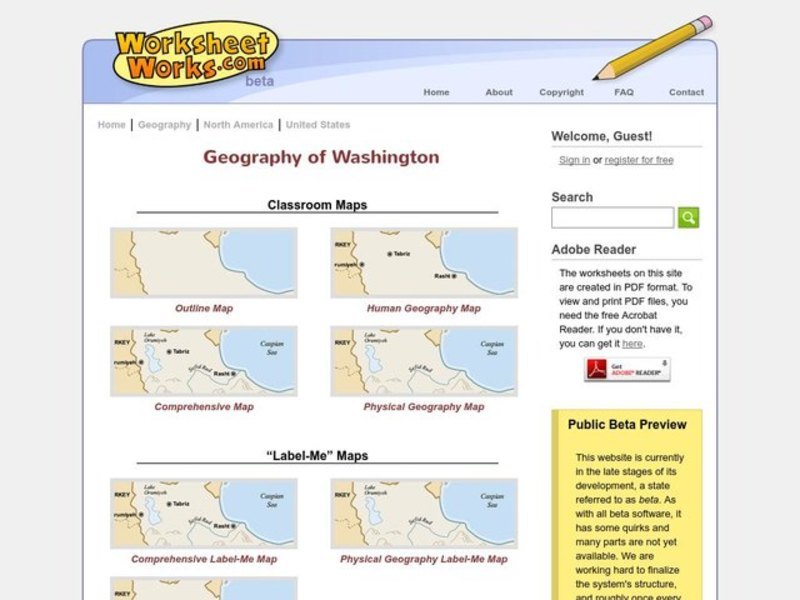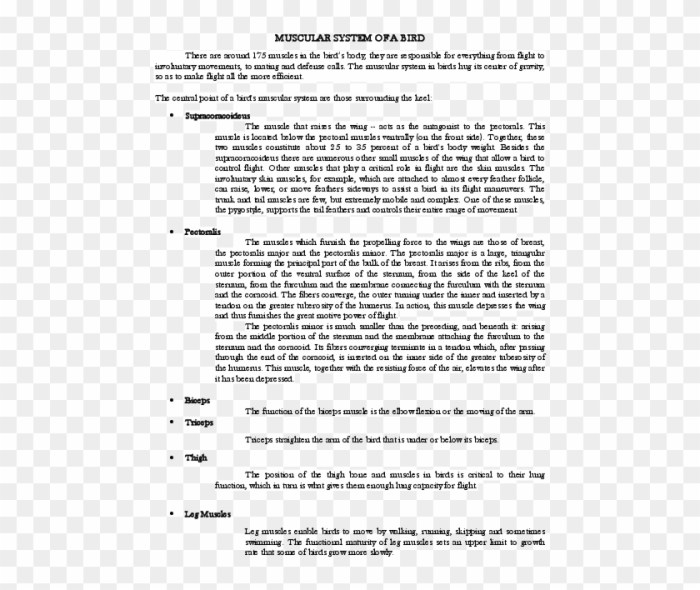America from washington to madison readworks answer key – Delving into the complexities of American history, we embark on an exploration of the presidencies of George Washington and James Madison through the lens of the ReadWorks answer key. This comprehensive guide unveils the historical significance, domestic policies, foreign relations, constitutional developments, and lasting legacies of these two pivotal leaders, shaping the very fabric of the United States.
Historical Context
George Washington, the first president of the United States, and James Madison, the fourth president, played pivotal roles in shaping the nation during its formative years. Washington’s presidency laid the foundation for a strong and stable government, while Madison’s presidency witnessed the expansion of the country and the development of its political institutions.
Key Events and Challenges
- Washington led the Continental Army to victory in the Revolutionary War, securing the nation’s independence.
- Madison played a key role in drafting the US Constitution and the Bill of Rights, ensuring the protection of individual liberties.
- Both presidents faced challenges related to national debt, foreign policy, and the balance between federal and state power.
Impact of Policies and Decisions
Washington’s policies, such as establishing a national bank and a system of taxation, helped stabilize the economy and promote economic growth. Madison’s policies, including the Louisiana Purchase and the War of 1812, expanded the nation’s territory and strengthened its position on the world stage.
Domestic Policies

Taxation and Infrastructure
- Washington implemented a system of tariffs and excise taxes to raise revenue and protect domestic industries.
- Madison expanded the tax system to include income tax and used the revenue to fund the War of 1812.
- Both presidents invested in infrastructure projects, such as roads and canals, to improve transportation and communication.
National Debt
Washington and Madison inherited a large national debt from the Revolutionary War. Washington’s policies aimed to reduce the debt through a combination of taxation and borrowing. Madison’s policies, including the establishment of the Second Bank of the United States, helped stabilize the debt and facilitate economic growth.
Foreign Policy: America From Washington To Madison Readworks Answer Key

Neutrality and Alliances, America from washington to madison readworks answer key
- Washington’s policy of neutrality sought to avoid foreign entanglements and maintain peace with other nations.
- Madison adopted a more aggressive foreign policy, pursuing alliances with European powers and declaring war on Great Britain in the War of 1812.
Territorial Expansion
Madison’s presidency witnessed significant territorial expansion, including the Louisiana Purchase and the annexation of Florida. These acquisitions increased the nation’s size and influence on the global stage.
Constitutional Developments

Bill of Rights
Madison, known as the “Father of the Constitution,” played a crucial role in drafting the Bill of Rights, which guaranteed individual freedoms and limited the power of the federal government.
Other Amendments
- The Eleventh Amendment (1795) limited the federal courts’ jurisdiction over lawsuits against states.
- The Twelfth Amendment (1804) reformed the electoral system for president and vice president.
Impact on the Political System
These constitutional developments strengthened the balance of power between the federal government and the states, protected individual rights, and established a framework for the orderly transfer of power.
Legacy and Impact

George Washington and James Madison left an enduring legacy on American history. Washington’s leadership during the Revolutionary War and his presidency established the foundation for a strong and stable nation. Madison’s contributions to the Constitution and his leadership during the War of 1812 shaped the nation’s political and territorial development.
Influence on Subsequent Presidents
Both Washington and Madison served as models for subsequent presidents. Washington’s commitment to neutrality and his avoidance of partisanship set an example for future leaders. Madison’s emphasis on individual rights and his willingness to engage in international conflicts influenced the policies of many presidents who followed him.
FAQ Insights
What were the key challenges faced by Washington during his presidency?
Establishing a stable government, unifying the nation, and navigating foreign relations amidst European conflicts.
How did Madison’s foreign policy differ from Washington’s?
Madison pursued a more assertive approach, engaging in the War of 1812 to protect American interests.
What was the significance of the Bill of Rights?
It enshrined fundamental individual freedoms and limited the powers of the federal government, shaping the American legal system.